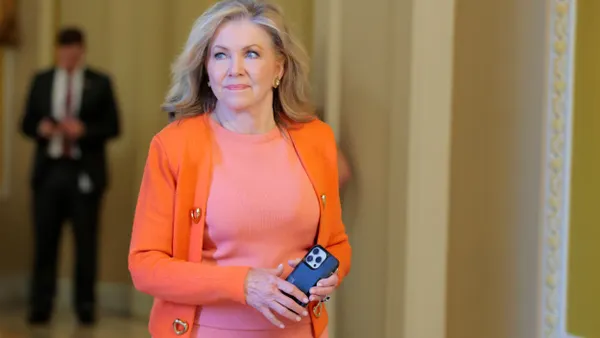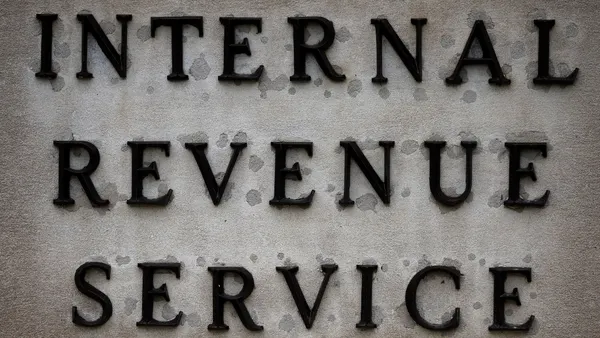Before it leased thousands of square feet to house hundreds of inside sales reps, ANGI Homeservices, an online resource for connecting homeowners with professional service providers, leased a small amount of space from WeWork to see whether a big, new sales office in Chicago made sense. It did.
This “pop-up sales center,” as the company’s CFO Jamie Cohen calls it, is an offshoot of IAC HomeAdvisor’s culture of testing products "in a low commitment manner” before rolling them out.
“We took enough space in a WeWork for about 20 people, and we said, ‘Can we recruit in this market?'” Cohen said in a CFO Thought Leader podcast last week. “'Can we sell? Can we build upon this foundation before we commit to tens of thousands of square feet in a 10-year lease?’ and ultimately the answer was yes, we can in this market. So, we actually just moved into our [new sales office] in Chicago, where we have capacity for a few hundred sales reps.”
Getting to yes
Making the finance function a part of the company’s culture of trying new things is the goal of Cohen, who stepped into the CFO role in March after being part of the team that managed a merger between IAC HomeAdvisor and Angie’s List in 2017, creating ANGI Homeservices.
“My goal is to position finance as a trusted business partner, collaborating with all of the business units,” she said. “I’m a big proponent of leading with yes.”
As part of that goal, Cohen is putting the finishing touches on a years-long effort to consolidate all company-generated data into a single warehouse. This would support the company’s innovation culture by giving executives a more sophisticated and trustworthy view of company performance by creating what Cohen calls a single source of truth, as well as empowering executives to generate their own reports.
“We’re definitely trying to give more tools to the business,” she said. “We’re a very data-driven business, and people are constantly wanting to monitor metrics, so whether that’s in a self-serve platform, or building out custom reporting for the different departments, we’re always pushing out more information.”
Finding the right software for building out the data warehouse, and pulling reports, has been a challenge, she said, but it’s incumbent on a leader to make a decision and stick with it.
“You have to take the plunge and choose a software to start with, both for the back-end database infrastructure as well as the software that sits on top of that,” she said. “You can get decision paralysis with all the choices out there, but just making a choice, committing to that, and then building it out incrementally. It is a huge project to build out your entire data warehouse for a business like ours, where there’s so much data. We’re not there. We haven’t built every single metric out, but we start with the most important ones. We start with revenue. We start with service requests. And over time we start to build out more complex data structures.”
Having a strong finance team, which Cohen calls her “safety net,” is key to making big projects like the data warehouse happen, because it’s their skill that keeps the finance function operational while the project is underway.
Key metrics
Cohen said she keeps an eye on the health of the company, which in 2018 generated about $1.132 billion in revenue, by looking at three metrics: the amount of revenue from the past day, the number of service requests that came in and how that compares to expectations, and sales from the company’s inside sales force.
“Those are the day-to-day heartbeat monitoring metrics we look at,” she said. “On a broader scale, we’re looking at both the service provider and the homeowner side of customer acquisition and lifetime values.”
The company has about 260,000 home services professionals, in the U.S., the U.K., and Canada, among other countries, in its database. It compiled that network in part through acquisitions, including of Handy in the U.S., HomeStars in Canada, and MyBuilder in the U.K.
Cohen, who started at IAC HomeAdvisor in 2011 as part of the corporate strategy team, credits mentors within the company and around the country with helping her build her skills and leadership abilities to become CFO at 32. “I’m a big recipient of fantastic mentorship,” she said.
Her advice for finance executives starting out is to be prepared to change your approach to success.
“I wish somebody would have told me what made you successful and got you here today might not be what makes you successful tomorrow,” she said. “That just points to the need to continue to evolve as we grow through our careers."












